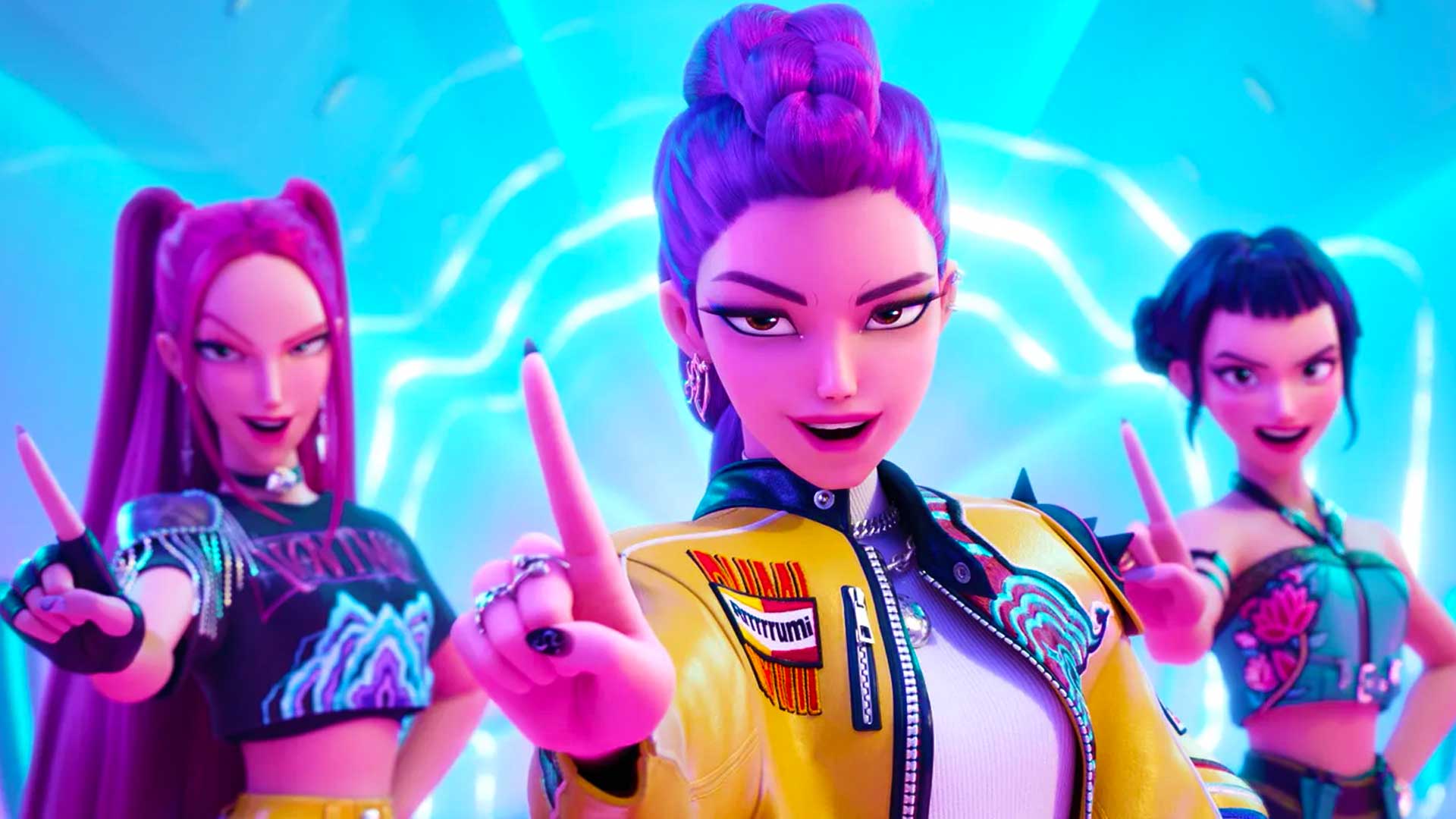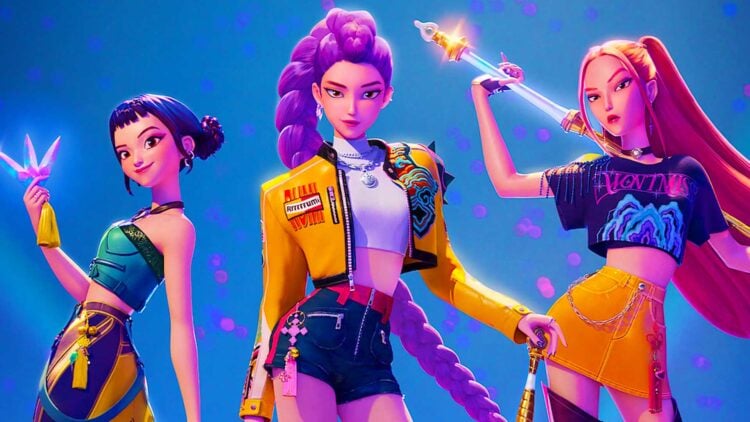At the time, Sony thought it was making a very smart business move. But, instead, the studio actually handed Netflix the biggest hit in the streamer’s history. Late last year, Sony Pictures Animation sold KPop Demon Hunters, a project they originally developed and greenlit, to Netflix as part of a massive 2021 output deal. A few months later, the animated K-pop musical about singing and dancing demon-hunting stars has pulled in more than 236 million views, topped the box office with a limited theatrical run (over a weekend), and become a cultural event. Oops. Yeah, big oops.
Speaking at the Bank of America conference, Sony Pictures CEO Ravi Ahuja admitted what everyone else has been thinking. “Obviously, in hindsight, it’s such a big hit,” he said. “Netflix paid the whole cost, plus a profit premium. At the time, it made sense. But now you look at the success and think maybe it could have been theatrical.” So, in short, Sony cashed the check and missed out on a potential theatrical franchise that could have been their biggest hit in 2025.

Netflix didn’t just stream the film, though, they gave it a two-day theatrical push, too. Word spread fast, and the “experiment” turned into a $19.2 million box office weekend, topping North America despite AMC refusing to screen it. That’s almost unheard of for a Netflix title, or any other title for that matter. Critics jumped on the bandwagon too, with KPop Demon Hunters earning a 97% Rotten Tomatoes score and reviews calling it “a fast and funny genre mash-up that puts most theatrical animated releases to shame.”
The story itself is a wild ride. Huntr/x, a three-member fictional K-pop girl group, doubles as demon hunters when they’re not topping Billboard. Arden Cho voices lead singer Rumi, though songwriter Ejae (33) provided her singing voice and co-wrote several hits. The soundtrack exploded, with four songs landing in Billboard’s Top 10 simultaneously. At one sing-along screening in Los Angeles, Ejae broke down in tears. “I’m speechless. This has all been insane. I’ve been crying a lot,” she told fans.

Financially, Sony didn’t exactly get burned, though. Netflix covered the entire $100 million budget plus a $25 million fee, and Sony still profits through its music publishing arm. Insiders estimate margins at 20–30%, far above the industry’s average. The catch, however, is that Netflix owns the franchise. That includes everything from merchandise, sequels, and everything else. Sony gets to produce the follow-ups, but the distribution and glory belong to Netflix. Forever!
Sequels are already on the way, with original directors Maggie Kang and Chris Appelhans returning. Kang even teased that the next film could focus on Zoey and Mira, the other two members of Huntr/x. “This was Rumi’s story, and we have backstories for Zoey and Mira,” she told Variety. In other words, there’s plenty of demon-slaying drama still on the table.

Ahuja tried to put a positive spin on things. “I think it was in the right home,” he said. “Our mission is to make great content and find the right home. And I think KPop Demon Hunters’ right home was Netflix.” But there’s no escaping the regret in his tone.
Would it have been a billion-dollar theatrical juggernaut under Sony’s control? We’ll never know. What we do know is that Netflix turned KPop Demon Hunters into a global sensation, and Sony just gave it all away.
RELATED: They Just Don’t Make Cartoon Network Shows Like These 14 Anymore













